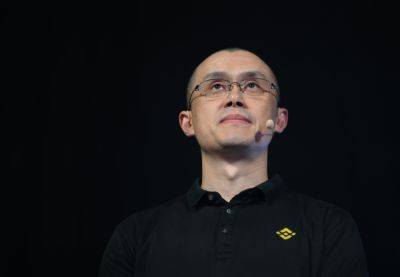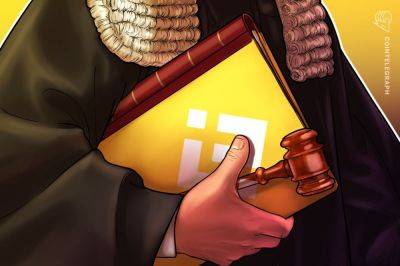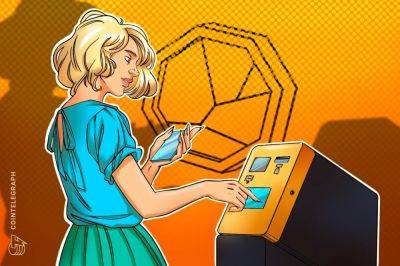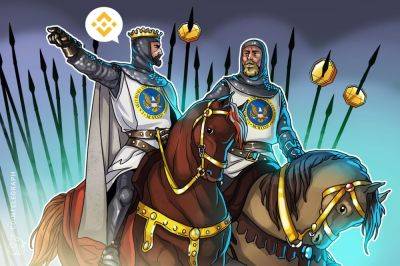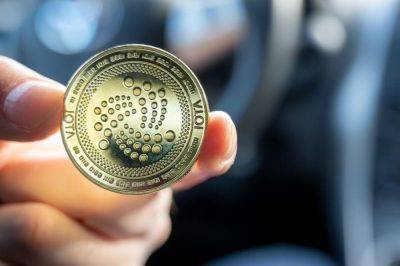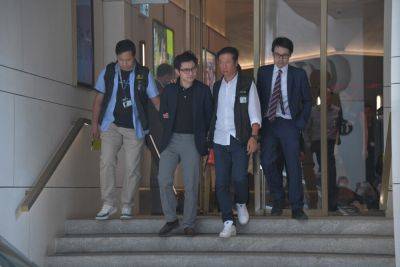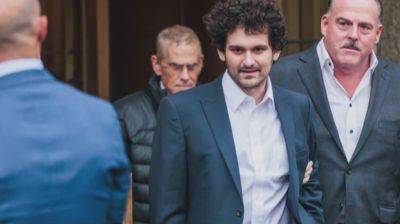Against All Odds: Solo Miner Claims $160,000 Bitcoin Block Reward – Here's What Happened
On August 18, an unexpected event in the Bitcoin mining space took everyone by surprise. A lone miner, not backed by massive computational power, claimed the full reward of 6.25 Bitcoin for solving block 803,821.
In simple terms, the miner earned about $160,000, minus a 2% fee retained by the mining service. So, how did this happen, and why is it such big news?
The miner, going by the identifier bc1q2za4ejga366sn288273pty8trasn5zs4y9hqg6, was using the Solo CKpool mining service. This service is different from the giant mining pools many are familiar with. Con Kolivas, the person in charge of Solo CKpool, shared his excitement and offered some insights into the event on Twitter.
He revealed that the winning miner might have operated with a hash power of about 1 PH/s (petahash per second). To put that in perspective, that's much less power than what the big Bitcoin mining pools use.
For those new to the Bitcoin mining process, it's all about using computers to solve complex math problems. The first one to solve the problem gets to add a new group of transactions, or "block," to a digital ledger called the blockchain. And for their effort they earn Bitcoin.
Big mining operations, like Foundry, have computing power in the Exahash (EH/s) range. Foundry, being one of the largest, has a whopping 123.64 EH/s. So, a solo miner with only a few Petahash is like a small fish in a big pond.
Given the current challenge in bitcoin mining, Kolivas explained, a miner with this miner's size "would only solve a block solo on average once every 7 years." That's what makes this win so extraordinary.
How did this miner do it? Kolivas believes the miner might have used around ten Antminer S17 bitcoin mining machines. These machines are specically
Read more on cryptonews.com

